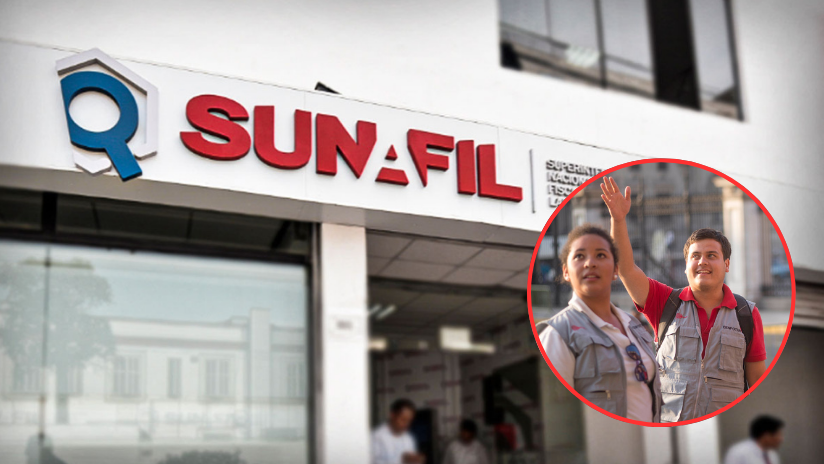
He Tourism sector It is one of the industries with the greatest dynamism in Perugenerating employment in hotels, restaurants, travel agencies, tourist transport and tourism guides. However, this sector also faces Occupational risks that can affect the safety of workers and the experience of tourists.
Therefore, the accident prevention It is key to guaranteeing safe and optimal working conditions. In this context, the National Superintendence of Labor Control (Sunafil) plays a fundamental role in the supervision of compliance with occupational safety and health regulations in this sector.
What recommendations Sunafil said?
The National Superintendence of Labor Control (Sunafil) has urged workers, and their employers, to take into account the following tips:
- Guarantee adequate lighting in work and storage areas.
- Provide life jackets, kit, flashlights, extinguishers and cleaning equipment for the disinfection of work spaces, as necessary.
- Move calmly, avoid hurrying and keeping attention, especially when performing guide functions in risk areas.
- Install and perform periodic reviews of smoke detectors, ensuring that emergency lights function properly in case of an incident.
- Establish a health and safety committee at work if the company has 20 or more employees; Otherwise, designate a supervisor.
It should also be noted that if a worker of the Tourism sector It suffers an accident due to the lack of security measures, the company can be sanctioned and forced to pay compensation.
Main occupational risks in the tourism sector
Tourism sector workers may be exposed to various risksdepending on the area in which they perform. Some of the most common include:
Hotels and lodgings
- Ergonomic risks: excessive weight load (suitcases, cleaning equipment).
- Biological risks: contact with waste, contaminated foods or communicable diseases.
- Electrical risks: Use of appliances and air conditioning systems proper maintenance.
Tourist transport and travel agencies
- Traffic accidents: drivers exposed to long hours of driving.
- Risk of robberies or aggressions: transport of tourists in vulnerable areas.
- Stress and work fatigue: extensive days and customer service demands.
Food restaurants and services
- Cuts and burns: use of knives, ovens and grills.
- Intoxication: incorrect food manipulation.
- Exposure to chemicals: disinfectants, industrial detergents.
The importance of preventing occupational accidents in the sector
He tourism It involves multiple activities, from attention to hotels and restaurants to the organization of passenger excursions and transportation. In this area, accident prevention is essential for various reasons, for example, protecting the life and health of both workers and tourists is fundamental.
In addition, the application of Security measures appropriate contributes significantly to improve the reputation of the establishment, generating a positive perception among customers and raising the quality of the service offered. At the same time, these actions help reduce costs associated with compensation, labor lows and material damage, which translates into a more efficient and sustainable management of the business.
Finally, ensure experiences Tourism Safe not only protects the integrity of visitors, but also contributes to strengthening their confidence in the service provided. When tourists perceive that they have been implemented Security measures Appropriate, they feel more comfortable and quiet during their stay, which increases the probability of returning in the future.
Follow the Republic at WhatsApp! Join our channel from your cell phone and receive the most important news from Peru and the world in real time.
Source: Larepublica
Alia is a professional author and journalist, working at 247 news agency. She writes on various topics from economy news to general interest pieces, providing readers with relevant and informative content. With years of experience, she brings a unique perspective and in-depth analysis to her work.











